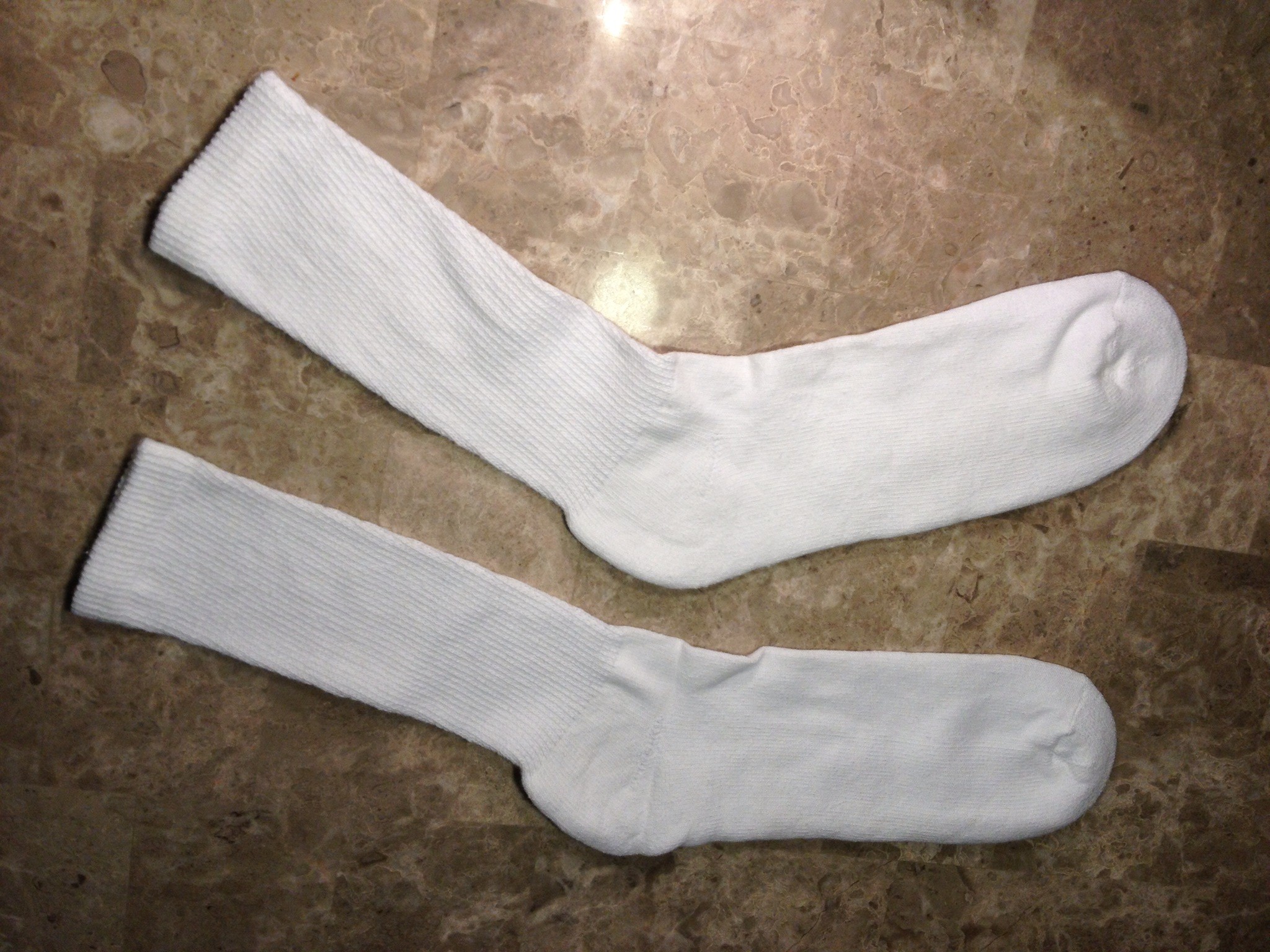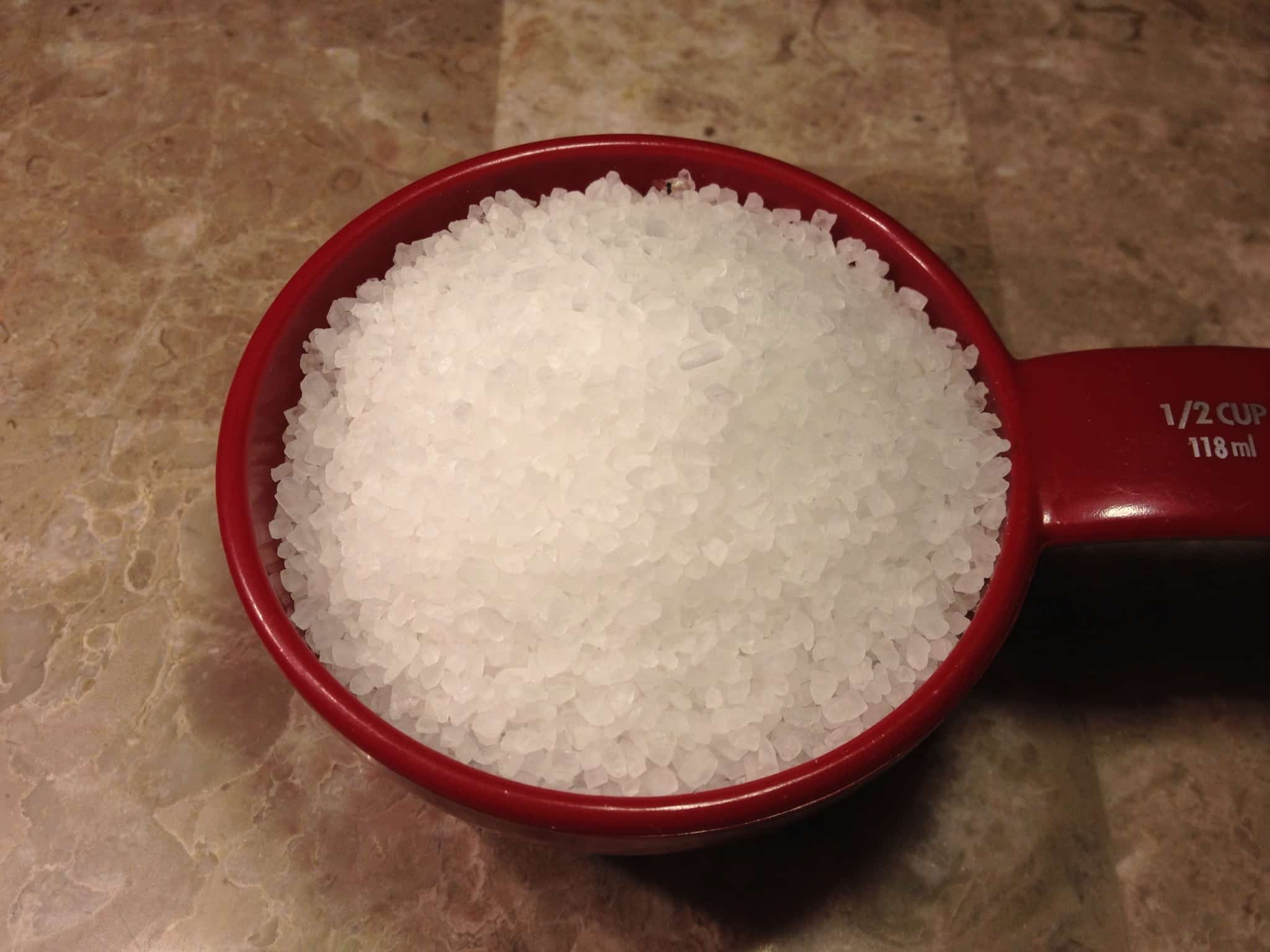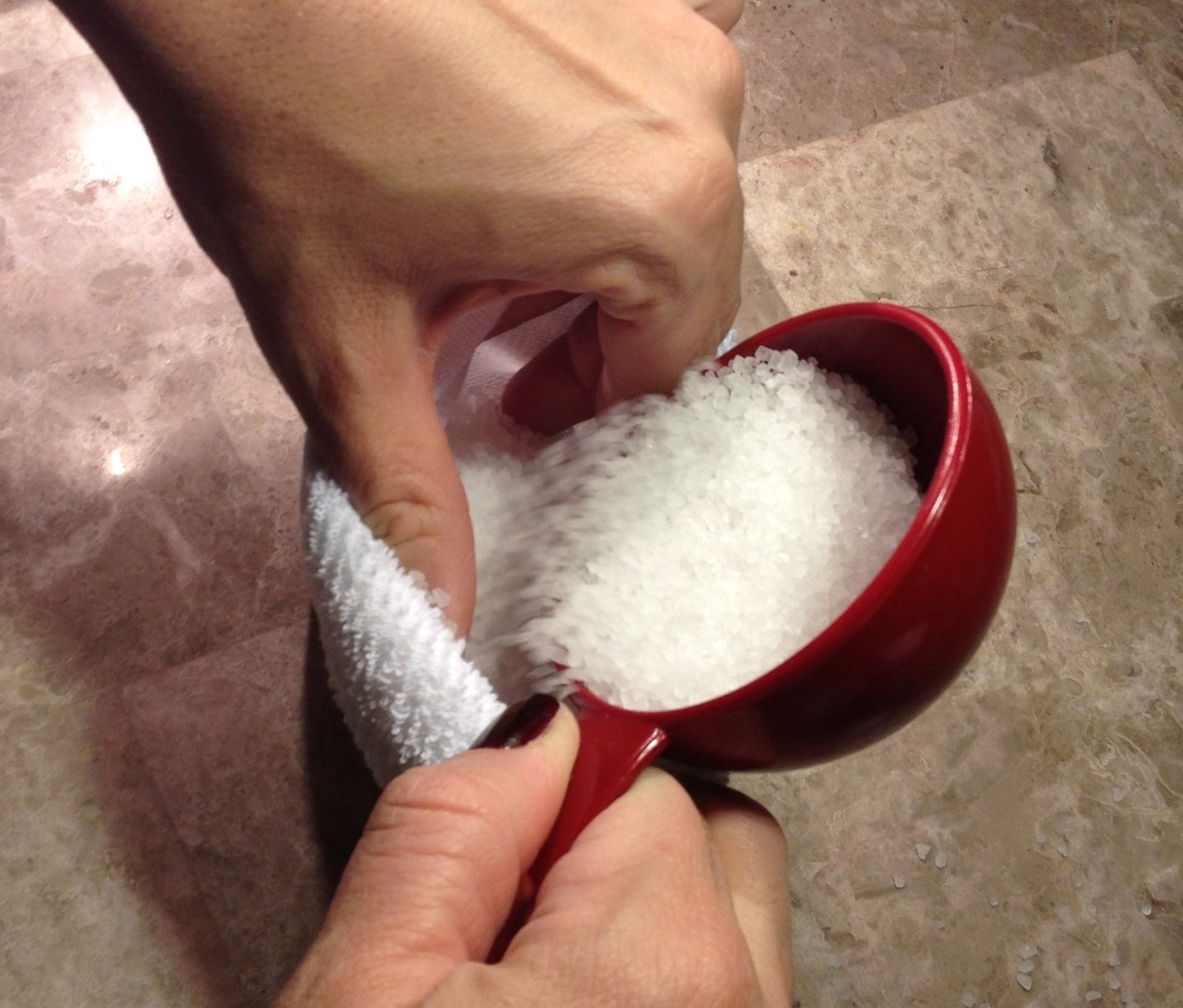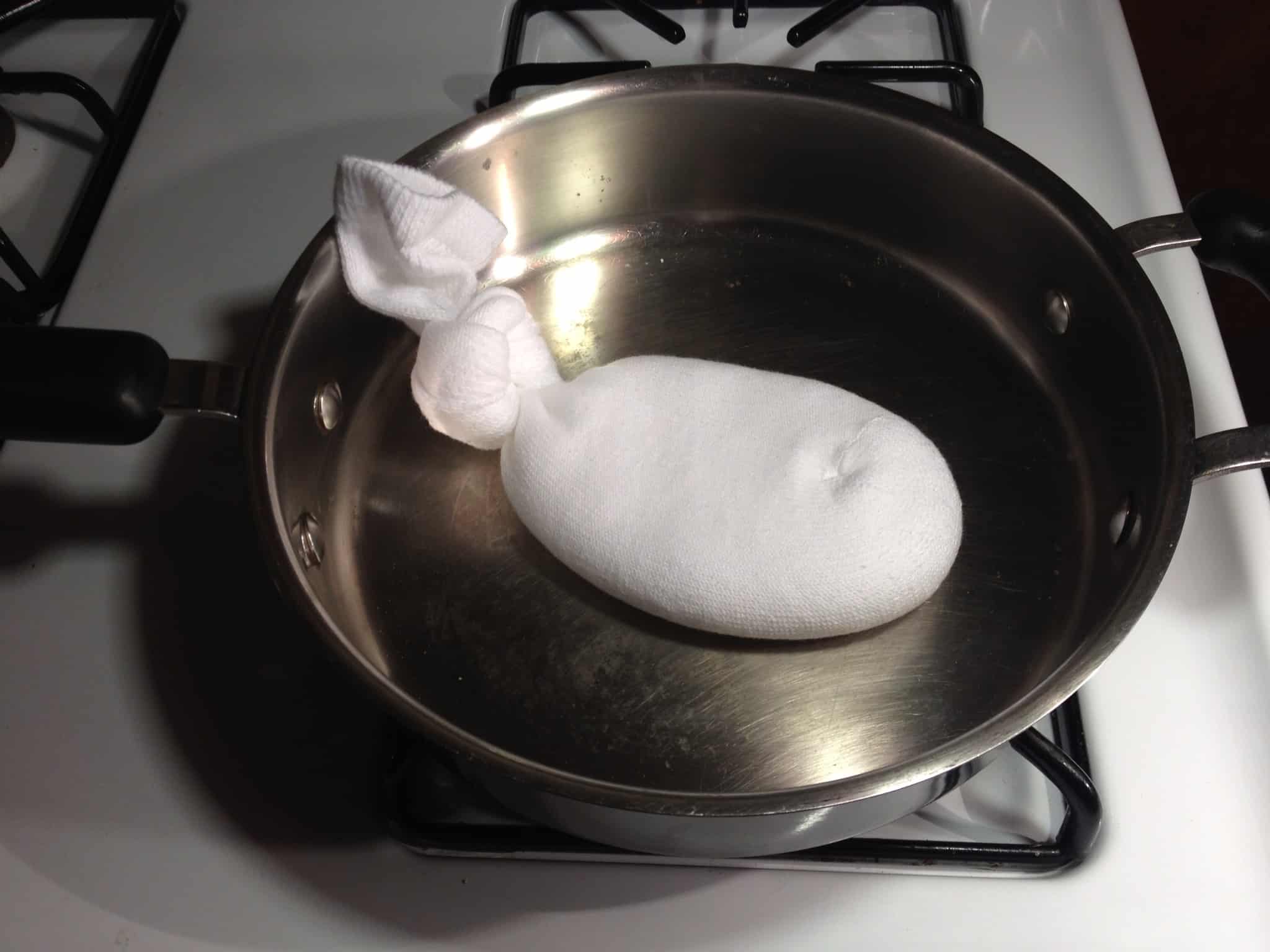Ear infections are painful and hard to get rid of! If you constantly suffer from swimmer’s ear or ear infections, read below to learn how to use Epsom salt to cure them!
Epsom salt has tons of uses. It can be used in almost every different kind of situation! Epsom salt is a great cleaning agent, but it also has may different health benefits! Athletes commonly use it for sore muscles while gardeners sprinkle it on plants to increase their growth. Epsom salt is a natural exfoliant and anti-inflammatory remedy that can be used to treat muscle aches and sore muscles, dry skin, and even to fight various internal health issues – especially ear infections!
Ear infections are the worst! They are super painful and super hard to get rid of! Also it seems as if you either never get them, or you always have them! An ear infection occurs when a bacterial or viral infection affects the middle ear—the sections of your ear just behind the eardrum. Ear infections can be painful because of inflammation and fluid build-up in the middle ear. Ear infections can be chronic or acute. Acute ear infections are painful but short in duration. Chronic ear infections do not clear up, or they recur many times. Chronic ear infections can cause permanent damage to the middle and inner ear. Thankfully, Epsom Salt is a great natural remedy! It is inexpensive and effective!
If you are looking to cure an ear infection with Epsom salt, all you need is a white sick and some Epsom salt! You will need enough sock to fill the foot part of the sock. This generally is about 1 to 1 and a half cups of Epsom salt.

Open the sock, and carefully pour the Epsom salt inside. Using a wide-mouthed funnel is recommended because this will prevent any messes from occurring. Also, ensure that the salt is rather coarse so that no granules slip through the sock’s fabric.

Once the foot of the sock is filed, tie a tight knot around the neck of the sock to prevent any salt from spilling out.

Afterward, heat the salt-filled sock on a skillet. Use medium-low heat and keep flipping the sock back and forth until the salts are warm, but not hot. It’s important to use a white sock for this because the dye on colored socks can burn easily. You can also heat the sock in the microwave, but be careful. The salt in the sock can heat very quickly and burn, so heat in five-second increments to carefully monitor the heat of the salt.

Once done, give the toasty warm sock to the infected member of your family. Have them place the sock against their ache, and within a few moments, they will find a sweet relief from the ache and pain. You can reuse the same sock over and over again. Just heat it up before use!